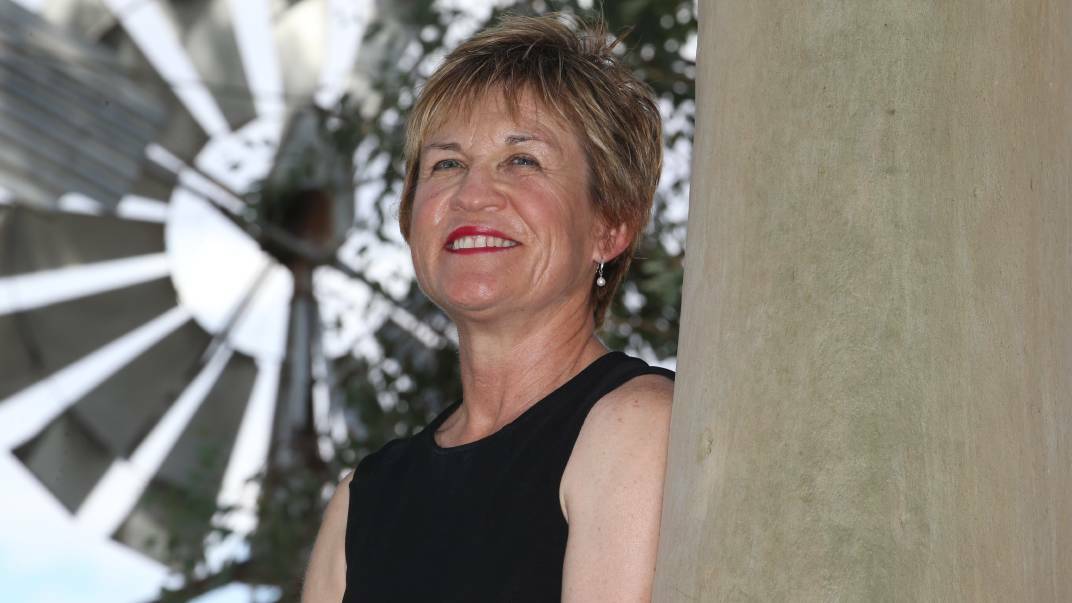Dear Murray Electorate Voters,
Subscribe now for unlimited access.
$0/
(min cost $0)
or signup to continue reading

I’m writing to thank everyone who supported, encouraged and entrusted their vote with me during the recent by-election.
Although the campaign was short and hard fought your determination to stand up for your community was commendable and in some cases courageous.
I am hoping to frequently visit your area and meet with you. There is so much that we need to do to add value to our area, maximise production and improve support services to maintain and improve our quality of life.
Helen Dalton, 2017 Murray by-election candidate.
Additional biosecurity planning workshops for NSW producers
Red meat producers are invited to join Livestock Biosecurity Network (LBN), the Integrity Systems Company and national and regional stakeholders for a series of biosecurity planning workshops across New South Wales.
Each workshop provides hands-on training for producers about developing an on-farm biosecurity plan for their property.
Sheepmeat Council of Australia and Cattle Council of Australia have established the workshops to assist producers in implementing important changes in the way they manage biosecurity risks on- farm and a new national approach to managing Johnes disease in cattle.
From 1 October 2017 biosecurity and animal welfare requirements are being integrated into the Livestock Production Assurance (LPA) program for cattle, sheep and goats.
LPA is the red meat industry’s voluntary, independently audited on-farm assurance program, which provides evidence of livestock history and on-farm practices when transferring livestock through the value chain.
Under LPA, producers will need to fulfil new requirements for animal welfare and biosecurity, including the development of an on-farm biosecurity plan.
Integrity Systems Company (a subsidiary of Meat & Livestock Australia) will be in attendance to discuss changes to the LPA program.
The workshops will also outline a new national farm-based approach to Johne’s disease management in cattle using the voluntary risk management tool Johne’s Beef Assurance Score (J-BAS).
Bonnie Skinner, LBN’s NSW Manager – Biosecurity and Extension, will be on hand to discuss J-BAS and guide producers through the process of creating their on-farm biosecurity plan.
Through J-BAS cattle farmers can demonstrate their herd’s low risk of Johne’s by documenting their biosecurity efforts and maintain high-assurance scores of 7 or 8 by conducting regular testing.
Ten dates have been announced across the state. Those wishing to attend can register can do so via www.livestockbionet.eventbrite.com.au
Livestock Biosecurity Network.

